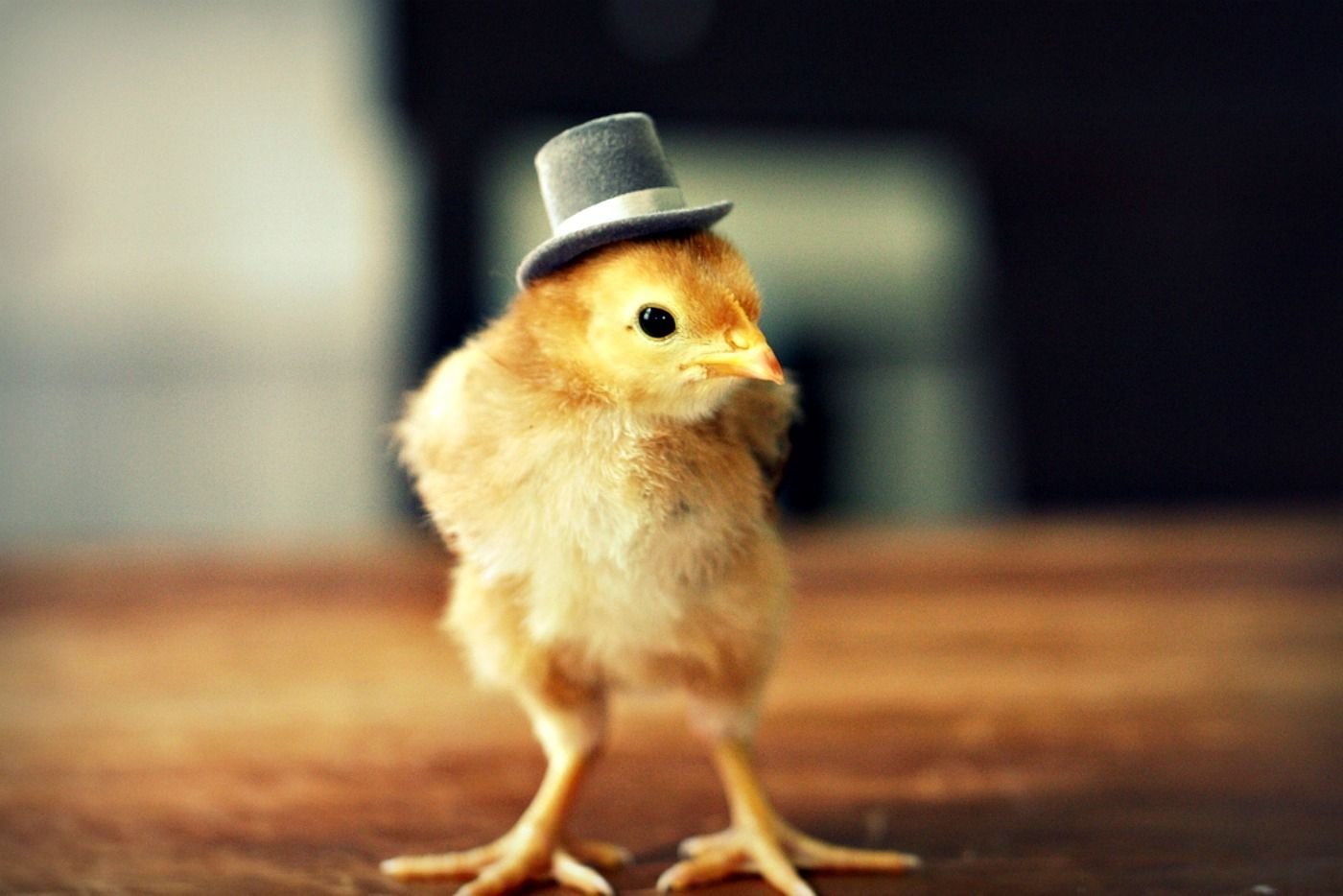Raising chickens can be a rewarding experience, providing fresh eggs and the joy of watching these fascinating creatures. However, maintaining a healthy and happy flock requires knowledge and dedication. In this blog post, we will cover essential tips for effective chicken maintenance, ensuring your chickens thrive in a well-maintained environment.
Establishing a Safe and Comfortable Coop
Choosing the Right Location
The location of your chicken coop is crucial for the health and safety of your flock. Ensure the coop is situated in a well-drained area, away from standing water and potential predators. A shaded spot will protect your chickens from extreme weather conditions.
Building a Secure Coop
A sturdy coop is essential to protect your chickens from predators. Use durable materials and secure all openings with strong mesh. Regularly inspect the coop for any signs of wear and tear, and repair promptly to maintain a safe environment.
Ventilation and Lighting
Proper ventilation is key to preventing respiratory issues in chickens. Ensure there are enough vents in the coop to allow fresh air circulation. Additionally, provide adequate lighting to simulate natural daylight, which helps in maintaining egg production.
Feeding and Nutrition

Balanced Diet
A balanced diet is crucial for the health and productivity of your chickens. Provide a high-quality commercial feed that meets their nutritional requirements. Supplement their diet with fresh greens, fruits, and occasional protein sources like mealworms.
Access to Clean Water
Always ensure your chickens have access to clean, fresh water. Regularly clean and refill water containers to prevent the spread of diseases. In hot weather, check water levels more frequently to prevent dehydration.
Grit and Calcium
Chickens need grit to aid in digestion and calcium for strong eggshells. Provide crushed oyster shells or a commercial grit supplement to ensure they receive these essential nutrients.
Maintaining a Clean Environment
Regular Cleaning
Keeping the coop clean is vital for preventing diseases and parasites. Remove droppings and replace bedding regularly. Deep clean the coop at least once a month, disinfecting surfaces and removing any debris.
Pest Control
Monitor your flock for signs of pests such as mites and lice. Implement preventive measures like dust baths and natural repellents. If an infestation occurs, treat promptly with appropriate pest control products.
Managing Waste
Proper waste management is essential for chicken maintenance. Compost chicken manure to use as a natural fertilizer for your garden. Ensure waste is stored away from the coop to minimize odor and attract pests.
Health Monitoring and Care
Regular Health Checks
Conduct regular health checks to catch any issues early. Look for signs of illness such as lethargy, changes in appetite, and abnormal droppings. Isolate any sick chickens and consult a veterinarian if needed.
Vaccinations and Deworming
Vaccinate your chickens against common diseases and follow a deworming schedule. Consult with a veterinarian to determine the appropriate vaccinations and treatments for your flock.
Molting and Egg Laying
Molting is a natural process where chickens shed and regrow feathers. During this time, they may reduce egg production. Ensure they receive extra nutrition and care to support them through the molting period.
Social and Behavioral Needs

Providing Enrichment
Chickens are intelligent and curious creatures. Provide enrichment activities like perches, dust baths, and toys to keep them mentally and physically stimulated. This prevents boredom and promotes overall well-being.
Managing Pecking Order
Chickens establish a social hierarchy known as the pecking order. Monitor your flock for aggressive behavior and provide enough space to minimize conflicts. Separate any overly aggressive chickens to maintain harmony.
Interaction with Flock Members
Regularly spend time with your chickens to build trust and monitor their behavior. Gentle handling and positive interactions help in taming and reducing stress in your flock.
Seasonal Considerations
Winter Care
In colder months, provide extra insulation and heating to keep your chickens warm. Ensure the coop is draft-free and provide extra bedding. Check water containers frequently to prevent freezing.
Summer Care
During hot weather, ensure your chickens have access to shade and plenty of water. Use fans or misters to cool the coop and prevent heat stress. Avoid overcrowding to maintain a comfortable environment.
Adapting to Seasonal Changes
Adjust feeding and care routines based on seasonal changes. Monitor your flock closely for any signs of stress or illness related to weather conditions and make necessary adjustments.
By following these essential tips for effective chicken maintenance, you can ensure your flock remains healthy and happy. Regular care, attention to detail, and a proactive approach to potential issues will help you create a thriving environment for your chickens. Remember, a well-maintained flock not only provides fresh eggs but also brings joy and satisfaction to any chicken keeper.

